In a world where you’re inundated with endless choices, it’s not always easy to break down whether a product is halal. What is the fine print on the ingredients, and what does it mean? How was the product made? Sometimes products are labeled halal but don’t have certification. Others appear halal but do not specify, so you have to make the call on your own.
There are restaurants that are clearly identified as halal establishments, and when it comes to meat, there are many brands you can find that are permissible. But you’d be surprised at the variety of foods, drinks, and products that can be halal-certified. These are some everyday products you didn’t even know were halal.
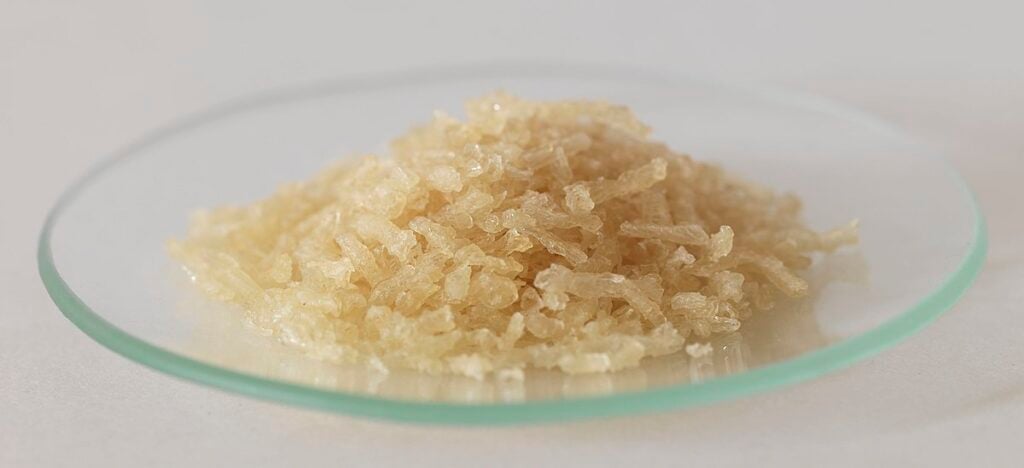
Contents
1. Gelatin
Gelatin is used as a stabilizing and smoothing element in thousands of supplements and food products such as chocolate, jam, and various desserts. Since it is generally derived from pigs, those practicing Islam will assume they should avoid it.
However, gelatin can be made from plants, fish, and halal animals, or it can be synthetically produced, in which case it is halal. Unfortunately, the source of the gelatin is not always indicated, so you may have to get used to doing some label-reading or simply stick to foods that are halal-labeled by a legitimate source.
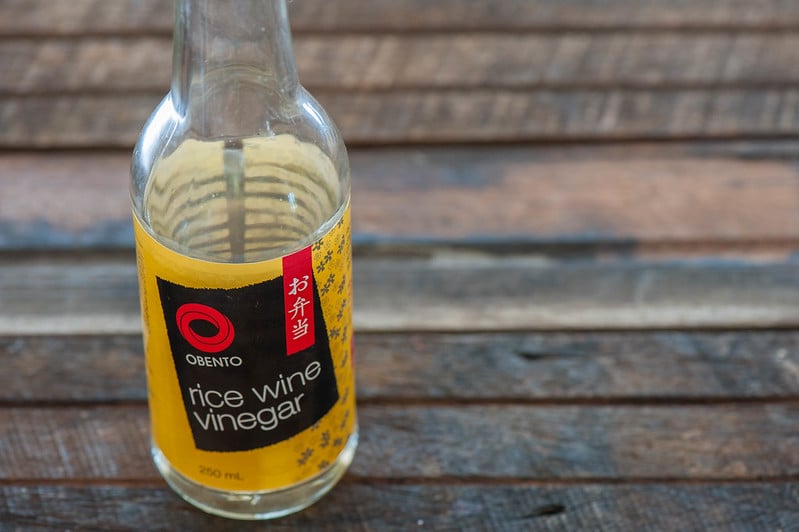
2. Wine vinegar
Alcohol is haram, so you may assume that wine vinegar falls into the haram category. However, vinegar is made from fruit, like apples and grapes, and it is just one of millions of naturally-occurring, carbon-based compounds, also known as ethanoic acid, one of a family of carboxylic acids.
In fact, wine vinegar is halal because the intoxicating element in the alcohol has disappeared and is no longer present. Some Shafi’iyah scholars say the vinegar from alcohol is halal only if the process of transformation occurs naturally. That means if the process of making vinegar from alcohol happens by human interference, such as manufacturing, then it is not halal. However, the overwhelming majority agree that wine vinegar is permissible.
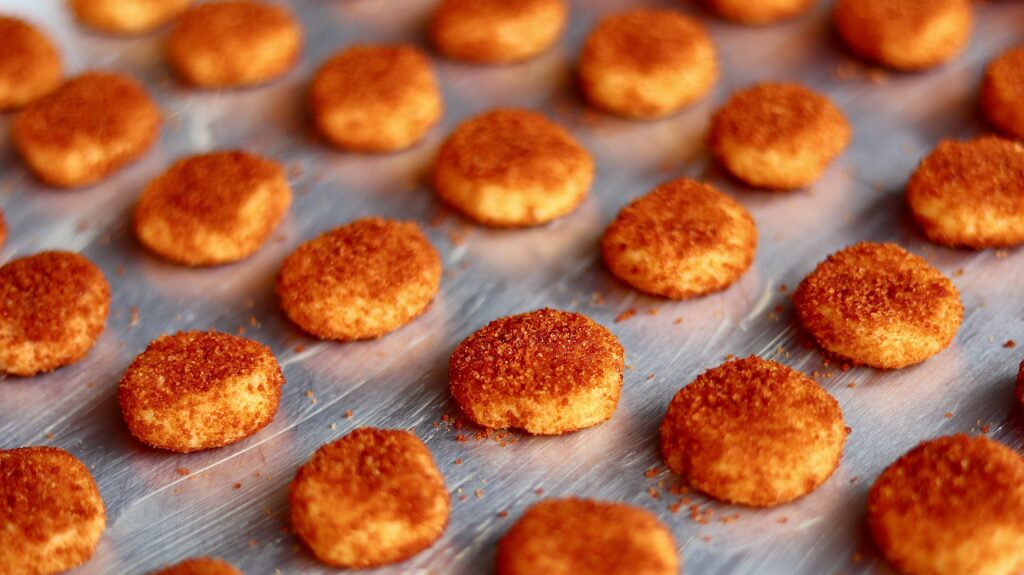
3. Chicken nuggets
All nuggets are not created equal. But you will be happy to learn that chicken nuggets by Crescent Foods is one of many halal products available at Costco. This company sees their product through from farm to fork. Their chickens are raised without cruelty. They are antibiotic free and are fed an all-vegetarian diet free from animal by-products. Crescent chickens are hand slaughtered individually according to halal guidelines by Muslims, so you can have peace of mind knowing the poultry is truly halal and all-natural.
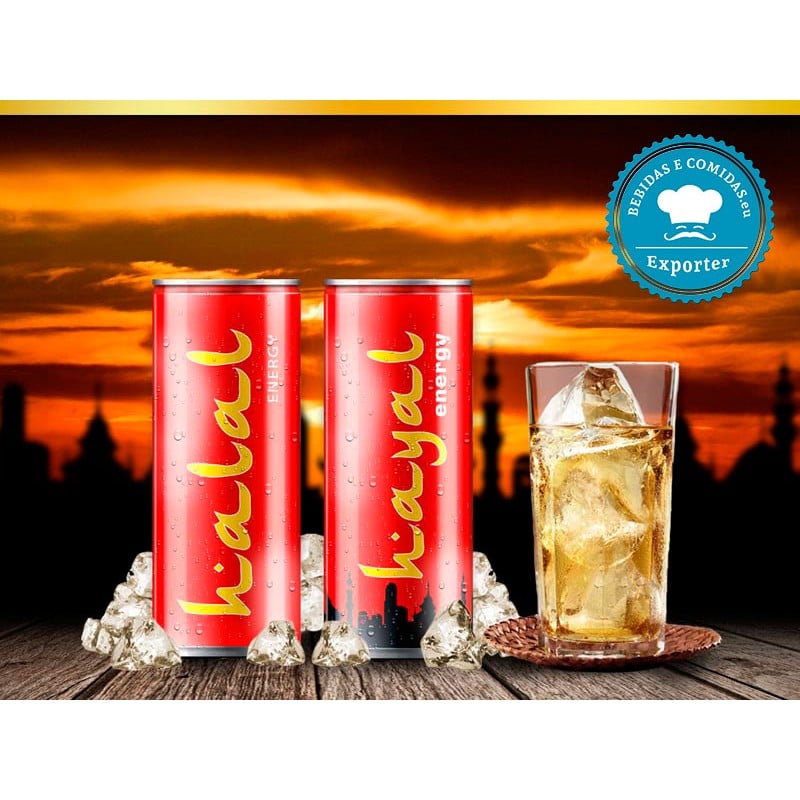
4. Energy drinks
If you’re wondering if your energy drink is halal, you may have to do some digging. Various energy drinks contain ingredients that do not comply with halal standards, such as alcohol or taurine derived from animals.
However, companies like Bebidas e Comidas make an energy drink called Hayal, which is halal-certified. Their site states: The new Hayal Energy Drink is the first premium Energy Drink with the protected seal of approval from the Islamic Center of Hamburg. Produced, inspected, and certificated by highly qualified Islam experts and food chemists, by the means of strict and international standardized Halal criteria.
5. Nail polish
There is nothing in the sacred texts that says that coloring one’s nails is forbidden. In fact, women have used henna to color their nails for centuries, and scholars are in agreement that coloring nails is not, in and of itself, haram.
Typical store-bought nail polish, however, is often haram because ingredients contained in nail polish can be animal-sourced and they are not necessarily cruelty-free. For example, nail polish color may be sourced from insect blood, which is haram. And thickeners may be sourced from animal proteins.
In addition to concerns about manufacturing and ingredients, Muslim women must also consider that the ritual washing before prayer requires that water touch every part of the hands, including nails. Halal beauty brands that manufacture nail polish have addressed this concern by creating permeable nail polish that allows water to pass through to the actual nail itself.
Rather than struggling to scrutinize labels to decipher ingredients and manufacturing processes, purchasing nail polish from a trusted halal brand brings peace of mind for those following quranic laws. Nails can be glamorous, healthy, and halal.
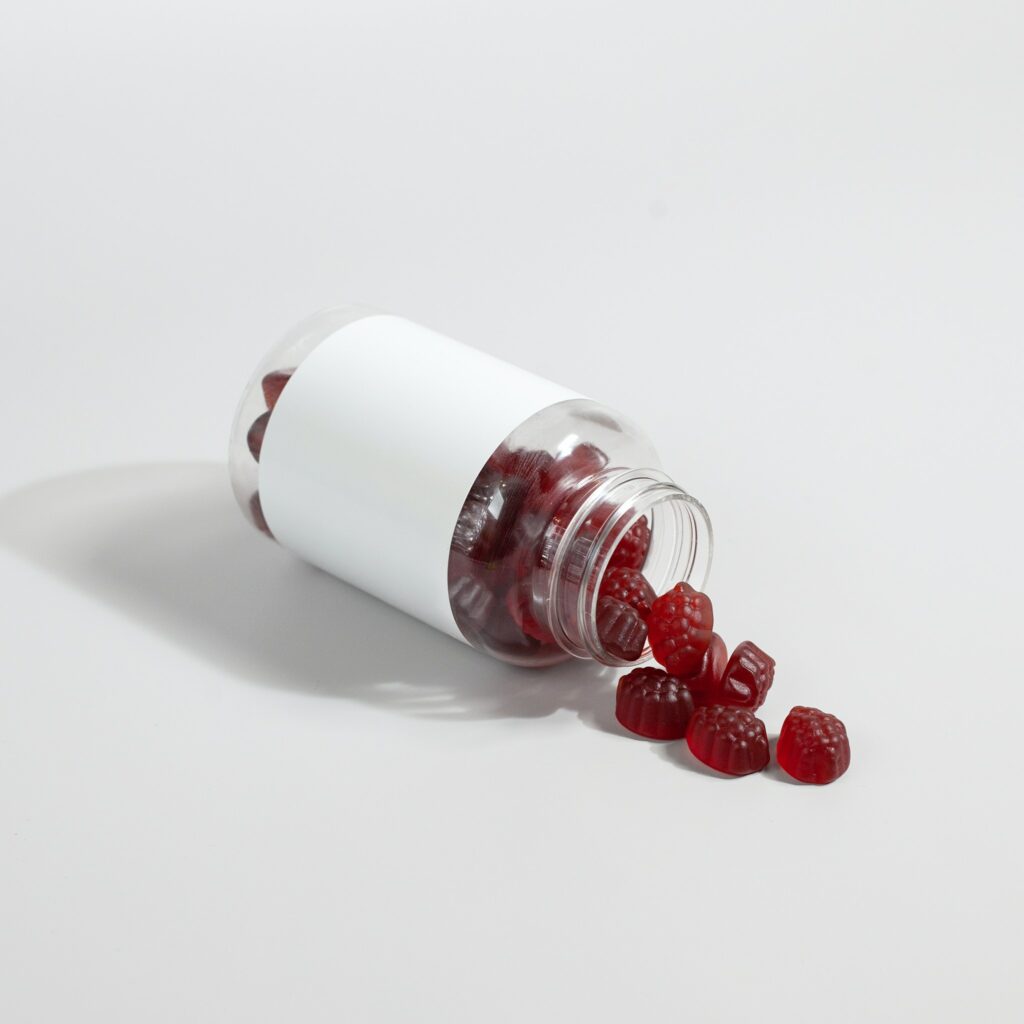
6. Gummy bear vitamins
Supplements are a huge sector and among the fastest-growing categories of halal-certified products. While many vitamins and supplements contain ingredients derived from pork, products like these gummy bear vitamins from Greenfield Nutritions are free of pork products and they are U.S. halal-certified. The gelatin used in these products is therefore halal-certified. In addition to their products being permissible, they also certify that facilities used in manufacturing the products are halal-certified as well.
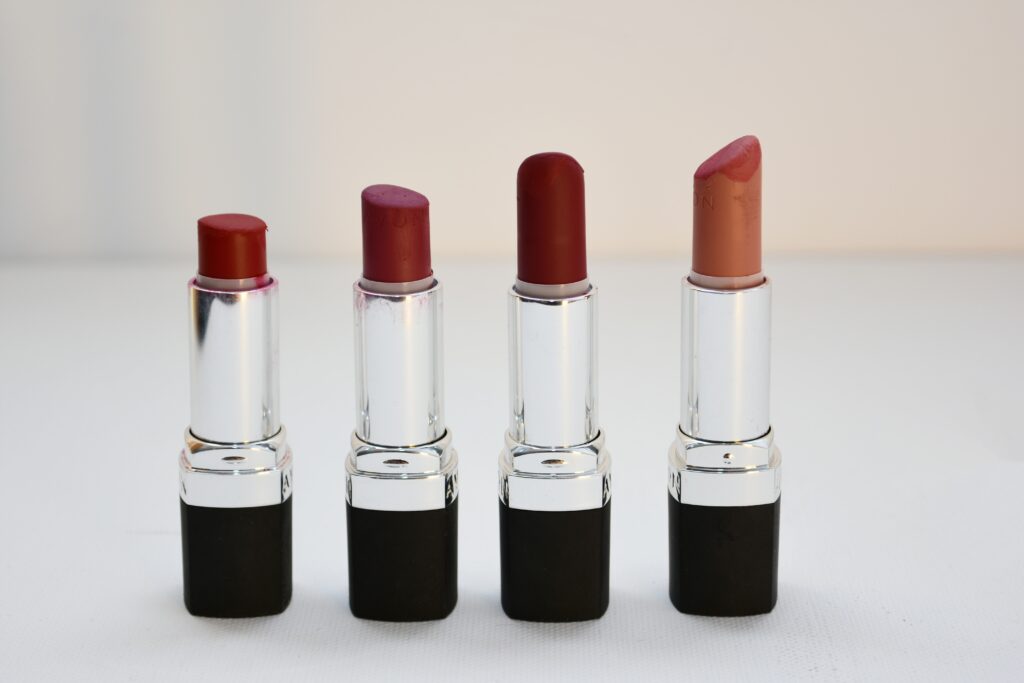
7. Lipstick
Well, not just any lipstick is halal, but this INIKA Organic Lipstick fits the bill. INIKA Organic is committed to certified organic, cruelty-free, halal, and vegan values. According to their site, the products endure rigorous testing with the highest level of natural and organic certifications.
For an industry long criticized for its lack of diversity, halal beauty products are an important move toward inclusivity and recognizing the different needs of all beauty industry consumers. Even cosmetic giants such as Estée Lauder have gained halal certification for some of their products sold abroad.
Islam is not only the world’s fastest-growing religion, it’s an economic force. The State of the Global Islamic Economy Report has indicated that Muslim consumers spend more than $3 trillion dollars. With rising awareness and transparency about cruelty-free, ethically-sourced ingredients that are certified halal, we’re excited to see even more diversity and variety in this booming market in the years to come.
Get in Touch
Connect with a halal certification expert.








